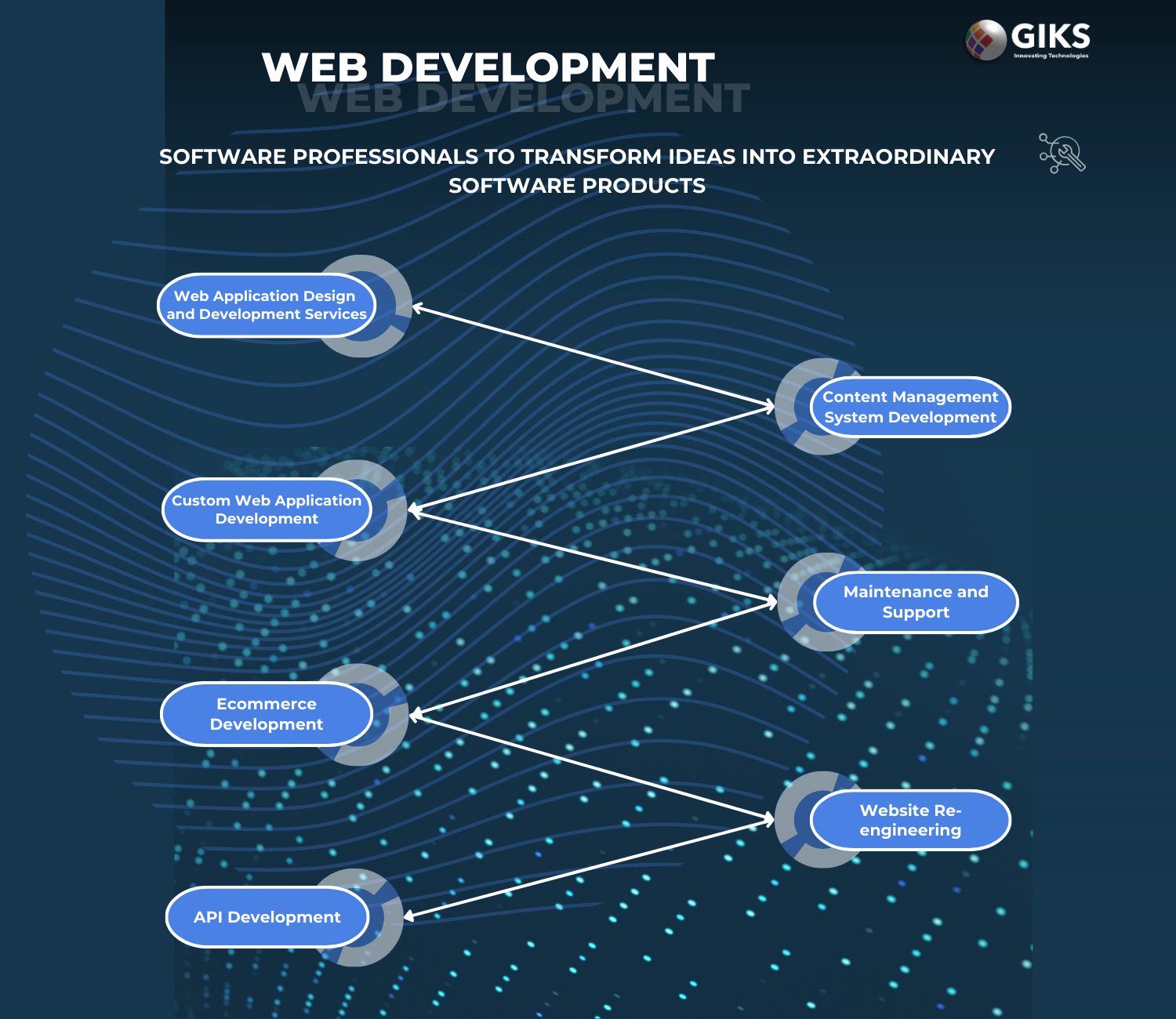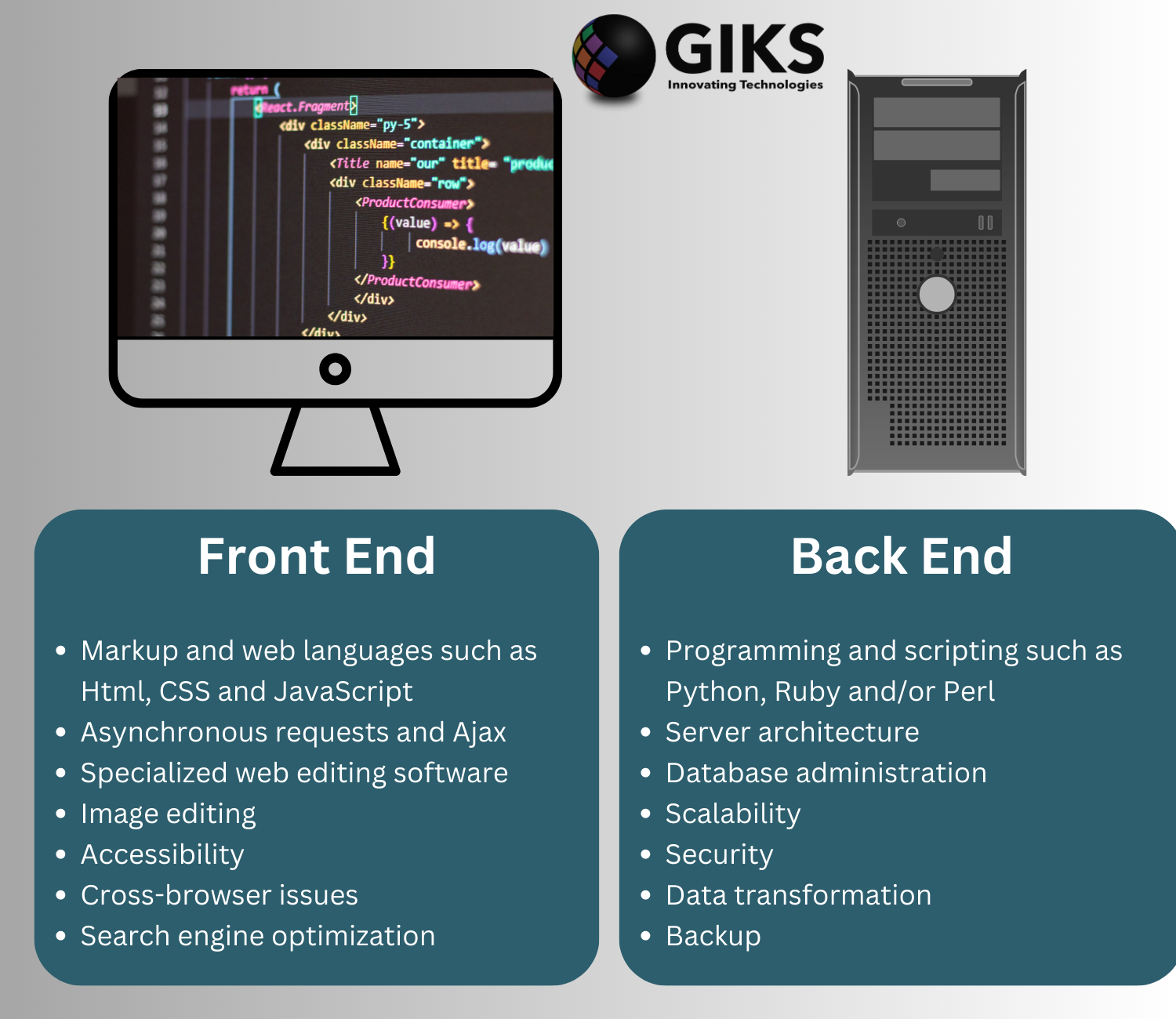Introduction:
In today's highly competitive business landscape, customer relationship management (CRM) has become an indispensable tool for organizations of all sizes and industries. CRM systems are more than just databases; they are strategic assets that empower businesses to better understand, engage, and nurture their customer relationships. In this blog post, we will explore why a business needs a CRM and how it can be a catalyst for growth and success.

1. Streamlined Customer Information
One of the fundamental reasons why a business needs a CRM is to centralize and streamline customer information. Instead of scattered data across different departments and spreadsheets, a CRM gathers all customer data in one place. This single source of truth allows for easy access to customer profiles, purchase history, communication history, and other essential details. Having this information readily available empowers your sales, marketing, and customer service teams to provide personalized and efficient service.
2. Improved Customer Engagement
CRM systems enable businesses to better understand their customers' preferences, behaviors, and needs. With this insight, you can tailor your marketing campaigns and sales strategies to target specific customer segments effectively. Personalized communication and offers lead to higher customer engagement, satisfaction, and loyalty. Happy customers are more likely to become repeat buyers and advocates for your brand.
3. Enhanced Sales and Lead Management
For sales teams, CRM systems are invaluable tools for managing leads, tracking opportunities, and closing deals. CRM software provides sales representatives with a structured approach to follow up with leads, set reminders for follow-up calls or emails, and prioritize their efforts based on the potential for conversion. This leads to increased sales efficiency and higher conversion rates.
4. Efficient Marketing Campaigns
CRM systems enable businesses to segment their customer base, allowing for more targeted marketing campaigns. By understanding customer preferences and behavior, you can create highly personalized email marketing, social media advertising, and content marketing initiatives. This not only increases the effectiveness of your marketing efforts but also saves time and resources by avoiding sending irrelevant content to your audience.
5. Customer Support and Retention
Providing excellent customer support is essential for retaining existing customers and preventing churn. CRM systems help customer support teams by providing access to a customer's entire history with the company. This information allows support agents to resolve issues more efficiently, anticipate customer needs, and provide a seamless and personalized support experience.
6. Data Analytics and Insights
Modern CRM systems come equipped with robust analytics and reporting capabilities. These tools allow businesses to track key performance indicators (KPIs), monitor sales trends, and gain valuable insights into customer behavior. By analyzing this data, businesses can make data-driven decisions, refine their strategies, and stay ahead of market trends.
7. Scalability and Growth
As businesses grow, managing customer relationships becomes more complex. CRM systems are highly scalable, making them adaptable to the changing needs of your organization. Whether you have a handful of customers or thousands, a CRM system can accommodate your growth and provide the necessary tools to manage and nurture those relationships effectively.
8. Collaboration and Communication
CRM systems promote collaboration among teams. Sales, marketing, and customer service departments can access the same customer information, ensuring everyone is on the same page. This leads to better communication, coordination, and a unified approach to customer relationship management.
Conclusion:
In conclusion, a CRM system is not just a piece of software; it's a strategic asset that can significantly impact a business's growth and success. By centralizing customer data, improving engagement, streamlining processes, and providing valuable insights, a CRM system empowers organizations to build stronger, long-lasting customer relationships. In today's competitive business landscape, having a CRM system is not just an advantage; it's a necessity for staying ahead and thriving in the market.




